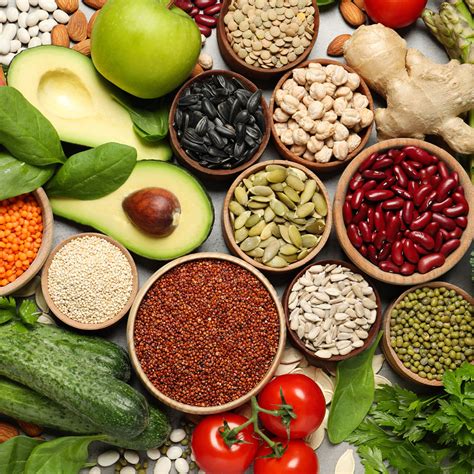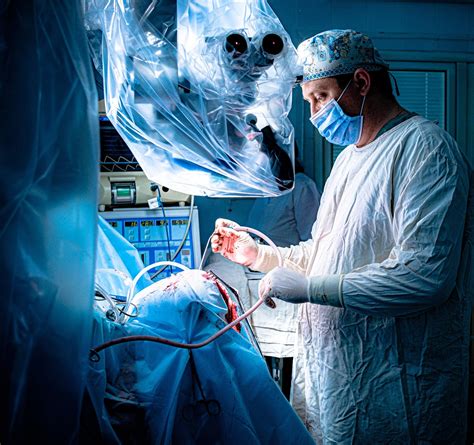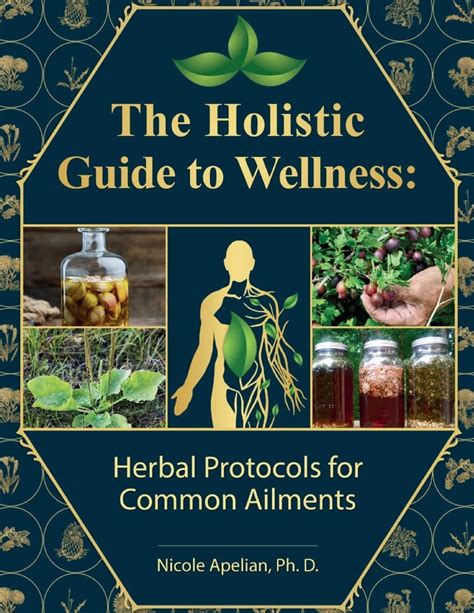Understanding Testosterone and Its Impact on Male Vitality
Testosterone, the primary male sex hormone, plays a pivotal role in more than just reproductive health. It influences muscle mass, bone density, fat distribution, red blood cell production, mood, and energy levels. As men age, testosterone levels naturally decline, often leading to symptoms like reduced libido, fatigue, decreased muscle mass, and even mood disturbances. Fortunately, various natural approaches can help men optimize their testosterone production and significantly improve overall vitality.
The Cornerstone: Diet and Nutrition
What you eat directly impacts your hormonal balance. A diet rich in whole, unprocessed foods is crucial for testosterone production and overall health. Focus on:
- Healthy Fats: Cholesterol is a precursor to testosterone. Include sources like avocados, nuts, seeds, olive oil, and fatty fish (salmon, mackerel) rich in monounsaturated and omega-3 fatty acids.
- Lean Protein: Essential for muscle building and repair, adequate protein intake from lean meats, poultry, fish, eggs, and legumes supports hormonal health.
- Micronutrients: Zinc, Vitamin D, and Magnesium are particularly important. Zinc is vital for testosterone synthesis; find it in oysters, red meat, and beans. Vitamin D, often called the ‘sunshine vitamin,’ functions as a steroid hormone and is directly linked to testosterone levels. Magnesium aids in free testosterone availability.
- Cruciferous Vegetables: Broccoli, cauliflower, and Brussels sprouts contain compounds that help regulate estrogen, potentially boosting testosterone levels.

Exercise Smart, Not Just Hard
Regular physical activity is a powerful testosterone booster, but the type and intensity matter. Incorporate a balanced routine:
- Strength Training: Lifting heavy weights, especially compound exercises like squats, deadlifts, bench presses, and rows, stimulates significant testosterone release. Aim for 3-4 sessions per week.
- High-Intensity Interval Training (HIIT): Short bursts of intense exercise followed by brief recovery periods can also effectively raise testosterone levels.
- Avoid Overtraining: Chronic, excessive exercise can paradoxically lower testosterone and elevate cortisol (stress hormone). Listen to your body and ensure adequate recovery.
Master Your Lifestyle: Sleep, Stress, and Habits
Beyond diet and exercise, lifestyle choices heavily influence hormone production:
- Prioritize Quality Sleep: Most testosterone is produced during sleep. Aim for 7-9 hours of quality, uninterrupted sleep per night. Poor sleep significantly impacts testosterone levels.
- Manage Stress: Chronic stress elevates cortisol, which can suppress testosterone production. Incorporate stress-reduction techniques like meditation, yoga, deep breathing, or spending time in nature.
- Limit Alcohol and Avoid Endocrine Disruptors: Excessive alcohol consumption can negatively impact testosterone. Furthermore, avoid plastics with BPA, parabens, and phthalates found in some personal care products, as they can mimic estrogen and disrupt hormone balance.

Supplements: A Supportive Role
While a balanced diet and lifestyle are paramount, certain supplements can offer additional support:
- Vitamin D3: If sun exposure is limited, a daily Vitamin D3 supplement can be highly beneficial.
- Zinc and Magnesium: If dietary intake is insufficient, supplementation can help, especially for athletes or those with deficiencies.
- Ashwagandha: An adaptogenic herb shown to reduce stress (cortisol) and improve testosterone levels in some studies.
- Fenugreek: Some research suggests Fenugreek extracts can boost libido and free testosterone levels.
- D-Aspartic Acid (DAA): An amino acid that may play a role in regulating testosterone synthesis, though results are mixed and individual responses vary.
Always consult with a healthcare professional before starting any new supplement regimen, especially if you have underlying health conditions.

Monitor and Maintain
Regular check-ups with your doctor are important to monitor your testosterone levels, especially if you’re experiencing symptoms of low testosterone. They can help rule out other medical conditions and guide your natural optimization efforts. Consistency in applying these strategies is key to seeing sustainable results and maintaining improved vitality.

A Holistic Path to Enhanced Vitality
Increasing testosterone naturally and improving vitality is a holistic journey. It requires a commitment to nourishing your body with proper nutrition, challenging it with effective exercise, and supporting it with adequate rest and stress management. By embracing these natural strategies, men can not only optimize their hormonal health but also experience significant improvements in energy, mood, physical performance, and overall quality of life.





